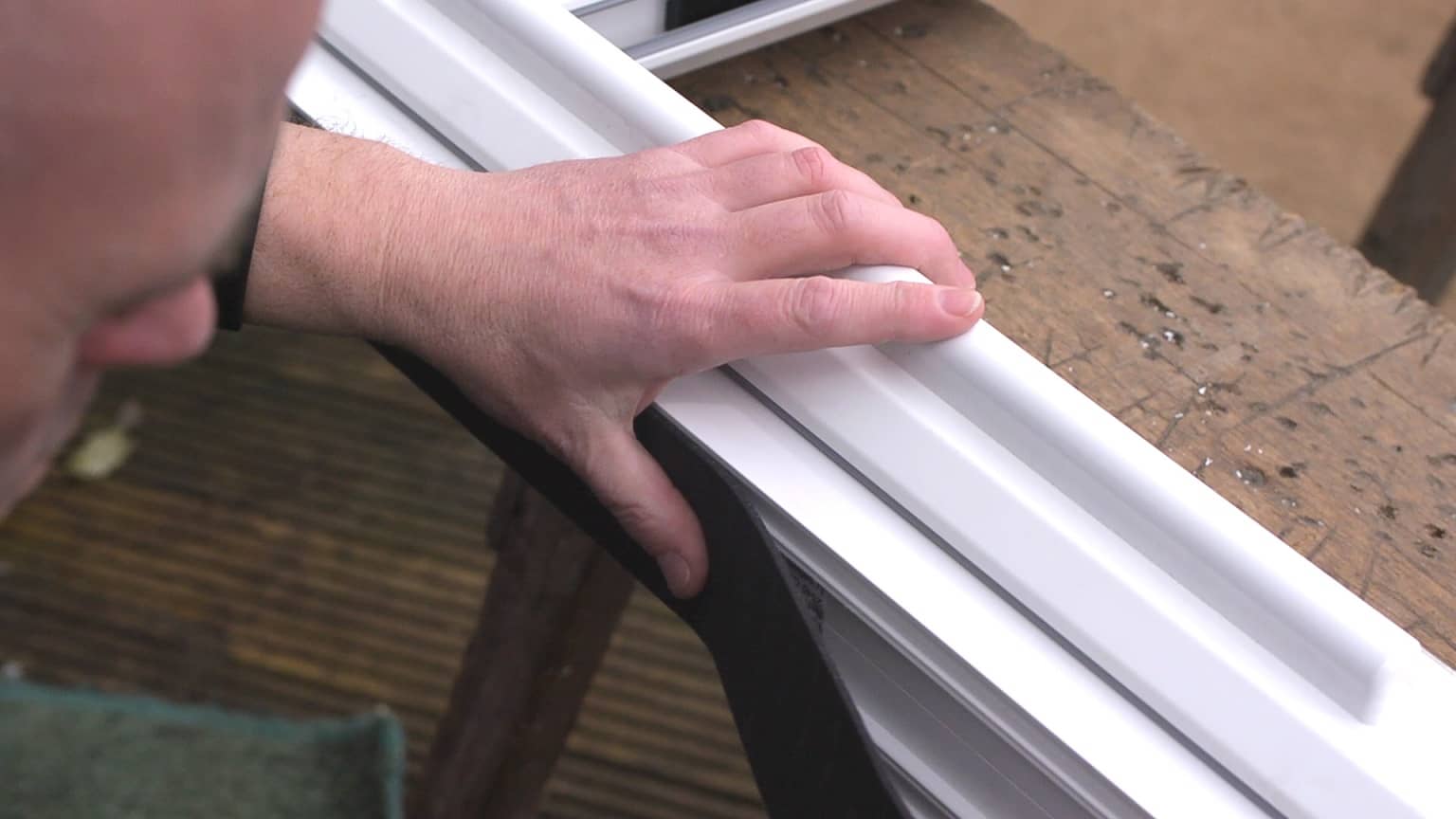Sign-In or Create an Account to find your purchasing solution
Become a registered Edgetech partner to start using our latest insulating technology in your glazing systems.
Tel: +44 02476 639931
Email: ukenquiries@edgetechig.com
Orders: ukorders@edgetechig.com

The UK is on a critical journey towards net zero, with energy-efficient homes at the forefront of this national effort. Buildings account for a staggering 39% of global carbon emissions, making high-performance windows and doors essential components in reducing this footprint. Window technology has evolved at a rapid pace, with triple glazing, thermal breaks, and low-emissivity glass becoming standard. Yet, these advanced products are often let down by an outdated and overlooked final step: the installation seal.
For decades, silicone sealant has been the default choice for window fitting, primarily due to its low cost. However, as building standards tighten and energy costs soar, it’s clear that traditional silicone is no longer fit for purpose. It creates a weak link in the building envelope, undermining the performance of even the most expensive windows. This article explores the hidden costs of relying on silicone and introduces a modern, high-performance alternative: expanding window installation tape.
While familiar, silicone sealant presents significant challenges that directly impact an installer’s productivity, profitability, and professional reputation.
The performance gap between a window’s advertised U-value and its real-world efficiency is often decided at the perimeter seal. A poor installation can increase a home’s heat loss by up to 30%, negating the benefits of high-spec glazing.
Under the latest UK Building Regulations, airtightness is no longer optional. New dwellings must now achieve an air permeability rate of 8 m³/hr.m² @ 50Pa or less, with every single property subject to testing. Traditional sealing methods make achieving this standard a significant challenge. An airtight seal is critical not only for compliance but also for delivering genuine energy savings and preventing issues like condensation and mould, which are major concerns for homeowners.
For professional installers, the quality of the seal is directly linked to customer satisfaction. A perfectly fitted window that eliminates drafts and reduces energy bills generates positive reviews and word-of-mouth referrals—the lifeblood of any successful trade business.
To bridge this performance gap, installers need a solution that matches the sophistication of modern windows. TruFit expanding installation tape is an advanced, high-performance alternative designed for the 21st century.
Made from a high-density, open-cell polyurethane foam impregnated with a flame-retardant resin, TruFit is applied to the window frame before installation. Once the window is in place, the tape slowly expands over 24 hours to completely fill the gap between the frame and the aperture, creating a permanent, highly effective seal.
Key Performance Specifications:
Compared to silicone, TruFit offers a faster, cleaner, and more reliable installation every time. It eliminates guesswork and provides a consistent, high-quality seal that ensures the window performs as designed.
Using TruFit streamlines the installation process, allowing fitters to work more efficiently without compromising on quality.
For window fitting businesses, the advantages of adopting modern installation tape are clear and compelling.
The evolution of window technology demands an evolution in installation practice. Relying on outdated silicone sealants undermines the performance of premium products and leaves installers vulnerable to callbacks and weather delays.
TruFit window installation tape offers a modern, reliable, and highly effective solution that guarantees a perfect seal every time. By embracing this technology, professional fitters can enhance their productivity, improve customer satisfaction, and build a reputation for excellence in an increasingly competitive market.
To learn more about how TruFit can transform your business and to find a local supplier, contact Edgetech today.
Please fill out the form below to a find a local supplier. Once we've found you closest suppliers you will be able to contact them all.
Your enquiry has been successfully submitted. You should receive an email or callback with 24-48 hours.
Return to the homepage